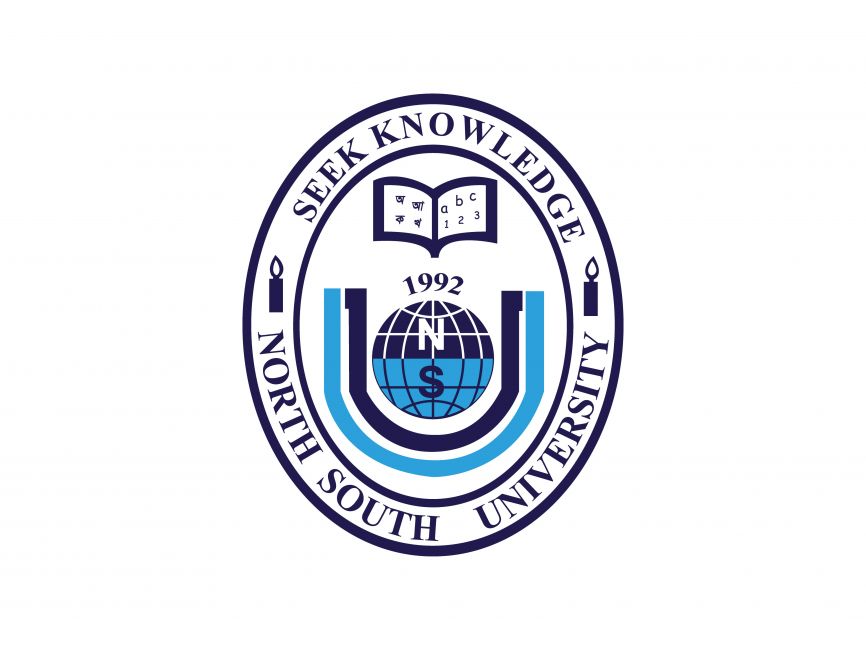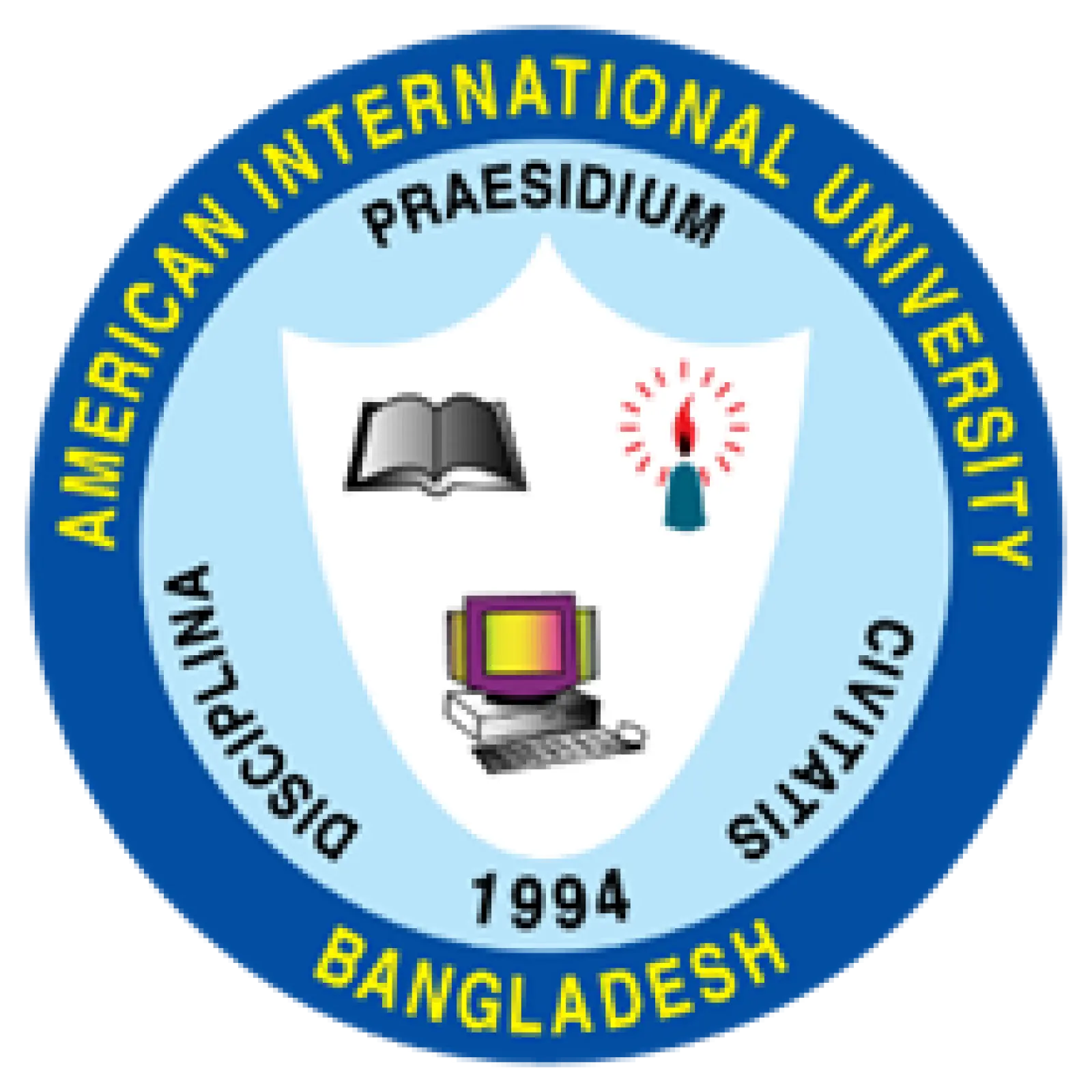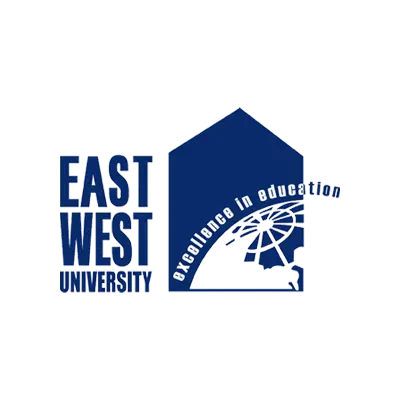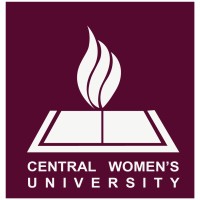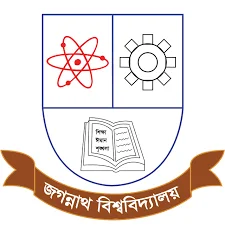
Jagannath University
Courses 0
Establish Year 1858


Courses 0
Establish Year 1858
Jagannath University as a govt. financed full pledged public university of Bangladesh is situated in the southern part of the city of Dhaka near the Buriganga. This prestigious educational establishment has a history of about 156 years which started in 1858 when Dhaka Brahma School was founded in 1858 by Dinanath Sen, Prabhaticharan Roy, Anathbandhu Mallik and Brajasundar Kaitra. The name Jagannath school was given by Kishorilal Chowdhury, the Zamindar of Baliadi who took over the school in 1872 and renamed it after his father's name. In 1884, it was raised to a second grade college. Law was one of the first courses introduced in the college.
The college started with only 48 students and in five years, the roll raised to 396. In 1910, Raja Manmath Roy Chowdhury, the zamindar of Santosh, tangail affiliated the Pramath-Manmath College of Tangail with Jagannath College.It was known as the best equipped private college in Dhaka as early as 1910. With the establishment of Dhaka University in 1921 the college had to stop admission in Degree courses and was renamed Jagannath Intermediate College. This status was changed after 28 years in 1949, when it reopened Degree classes. The college was taken over by the government in 1968.
Jagannath College opened honours and masters programmes in 1975. That year the government once again took over the college and upgraded it into a postgraduate college. In 1982, the college closed its programmes of intermediate level.The college introduced evening shifts in 1992.The college was transformed into the Jagannath University in 2005. At present the University has 38 departments under 7 faculties and 2 Institutes .The faculties are Science, Arts, Business Studies, Social Science, Law, Life & Earth Science and Fine Arts. The Institutes are Institute of Modern Language and Institute of Education and Research. Now 638 (till to 2016-17) teachers are engaged in providing quality education of around 19088 (till to 2016-17) students on diversified areas.
The teachers and students of the college took active part in the Language Movement of the early 1950s, the mass movements of the 1960s and the War of Liberation of the country in 1971. The college produced tens of thousands graduates. Many of them have become famous at home and abroad. Noted among the alumni of the college are sufi motahar hosen (poet), Abdul Hamid (sports organiser and sports journalist), Bhabatosh Dutta (economist), Premendra Mitra (writer and poet), AR Yusuf (Bar-at-Law, State Minister of Bangladesh in early 1980s), A KMA Rouf (artist), Anisuzzaman (educationist, researcher), and Brozen Das (swimmer, the first Indian to swim across English Channel).
The Management of University is striving to make this establishment as a center of excellence for creating successful and productive citizens of Bangladesh.
Bachelor of Science in Computer Science and Engineering
4 Year
Graduation
Offline
Specialization
Computer Science and Engineering
Scholarship
Yes
Examination
Half Yearly
Fee Cycle
Semester
Master of Science in Computer Science and Engineering
2 Year
Post Graduation
Offline
Specialization
Computer Science and Engineering
Scholarship
Yes
Examination
Half Yearly
Fee Cycle
Semester
Master of Science in Statistics
2 Year
Post Graduation
Offline
Specialization
Statistics
Scholarship
Yes
Examination
Half Yearly
Fee Cycle
Semester

AC Classes

Auditorium

Cafeteria

E-Classroom

Library

Medical

Transport
1. PREAMBLE
This rule titled ‘Rules and Regulations for Bachelor Degree’ includes the academic rules and regulations for four-year ‘Bachelor Degree Programme’ divided into eight (8) Semesters in Jagannath University. The Bachelor Degree programme is under Semester system and would be guided and assessed by the credit point system. It is applicable for the Departments under different faculties as may be approved and/or opened by the University. Each academic Department of the University shall have autonomy to develop guidelines and conduct all types of academic activities within the Department either guided by or not in contradiction with this rule. Unless otherwise described, in this rule, a Semester means academic curriculum and activities conducted for a period of 6 (six) months named as 1st Semester and 2nd Semester in each academic year.
2. STUDENT ADMISSION AND RE-ADMISSION
Students shall be admitted into the 1st year 1st Semester of the Bachelor Programme as per University rules.
a) Eligibility
Students passed the Secondary School Certificate (SSC) and Higher Secondary Certificate (HSC) examinations or recognized equivalent examinations in Bangladesh or abroad may be admitted to the Bachelor degree programme in any subject in this University on such terms and conditions as may be determined by the University Admission Committee constituted by the Academic Council of Jagannath University.
b) Admission Cancellation
(i) If a student remains totally absent without any permission from all classes for 15 (fifteen) consecutive working days after the start of 1st year 1st Semester classes, her/his admission would be cancelled on the recommendation of the Chairman of the concerned Department.
(ii) A student shall never take admission simultaneously in more than one subject of this University or any other university/institution with an exception of Certificate/Diploma course. If this provision is violated, studentship, examination, and examination results of the student shall immediately be cancelled.
c) Re-admission
(i) A student failing to appear in any Semester-final examination (not a single course), unless otherwise the clause 2.b (i) is applicable, may be allowed for re-admission with the same Semester of the next available batch. Readmitted students, however, shall always be assigned by the original student ID.
(ii) If a student fails to appear at any Semester-final examination due to shortage of required percentage of attendance, or failure to pay the dues or expulsion from the University or any other reason, as the case may be, s/he shall have to get herself/himself re-admitted to the same Semester of the next available batch.
(iii) If a student fails to earn the requisite CGPA for promotion (according to clause 14) from one Year to the next he/she may seek re-admission with the 1st Semester of the same year of the next available batch; however, if a student gets satisfied (as per the student) GPA in any odd Semester (First Year 1st Semester, 2nd Year 1st Semester, 3rd Year 1st Semester and 4th Year 1st Semester) but failed to get required CGPA in the even Semester (1st Year 2nd Semester, 2nd Year 2nd Semester, 3rd Year 2nd Semester and 4th Year 2nd Semester) he/she may seek re-admission with the 2nd Semester of the same year of the next available batch.
(iv) If the final examination entry form fill-up of any odd semester (2nd Year 1st Semester, 3rd Year 1st Semester and 4th Year 1st Semester) completes before the publication of the result of immediate past even Semester (1st Year 2nd Semester, 2nd Year 2nd Semester and 3rd Year 2nd Semester) students may be allowed to sit in the odd Semester Final examination with a written pledge that if fails to get required CGPA in the immediate past even semester (when result published) he/she will have to get re-admission in odd/even semester (as applicable/appropriate) of the previous year with the immediate next batch. If the next batch already completed the odd/even semester the student shall get re-admission with the next available batch; in such cases his/her registration may be extended by one academic year (seven years to complete Bachelor programme).
(v) Students studying in the 2nd Year 1st Semester or 3rd Year 1st Semester or 4th Year 1st Semester found obtain less than required CGPA for promotion (2.0 in the 1st Year 2nd Semester and 2.25 in the 2nd Year 2nd Semester 3rd Year 2nd Semester and 4th Year 2nd Semester) in the immediate past even Semester when result published shall have to get readmission with the next available batch either in 1st or 2nd Semester (whichever applicable/appropriate). Such students, if appeared in the improvement examinations of immediate past odd Semester and found secure required CGPA for promotion after adding the improvement result (when published), may be allowed get re-admission in the same odd Semester of the next available batch.
(vi) On re-admission, grades earned earlier by a student in a Semester shall be cancelled and the student shall have to retake all the course-works (such as in-course/practical/quiz tests, internship programme, project, field work viva-voce and final examinations) of that Semester. If a student gets ‘F’ grade in any practical course due to absence/participation and improves the ‘F’ grade as per rule he/she can have the Continuous Assessment marks (if any) along with Semester Final marks.
(vii) Percentage of class attendance of Re-admitted students shall be counted from the date of her/his re-admission. If the classes of the re-admission batch completed, the student shall receive either minimum attendance number (3) or previous year’s attendance number, whichever higher. Mid-Semester examination, if completed before her/his re-admission, the Chairman of the Department shall arrange make-up Mid-Semester examination.
(viii) A student has to complete the Bachelor programme within a maximum of six academic years of his/her admission session, therefore, shall not get chance for re-admission more than twice during the entire programme unless any other clause allowed for an extension of his/her registration.
(ix) For re-admission, a student shall have to apply within 15 (fifteen) working days after announcement of the result of the concerned Semester.
Copper oxide coatings for use in a linear solar Fresnel reflecting concentrating collector, Published in the journal. of Elsevier, Renewable Energy K. A. Khan Journal of Renewable energy, Vol. 17(4), P. 603-608 (1999). Publisher: Pergamon
Impact of photo electrode thickness annealing temperature on natural dye sensitized solar cell T.A. Ruhane, M.Tauhidul Islam, Md. Saifur Rahman, M.M.H.Bhuiyah, Jahid M.M. Islam, T.I. Bhuiyah, K.A.Khan , Mubarak A. Khan (2017) Sustainable Energy Technologies and Assessments, Vol 20, P 72 (2017) http://dx.doi.org/10.1016/j.seta.2017.01.012 Publisher: Elsevier
Photo current enhancement of natural dye sensitized solar cell by optimizing dye extraction and its loading period T.A. Ruhane, M. Tauhidul Islam, Md. Saifur Rahaman, M.M.H. Bhuiyan, Jahid M.M. Islam, M.K. Newaz, K.A. Khan, Mubarak A. Khan Optik - International Journal for Light and Electron Optics Vol. 149. P. 174 (2017) Publisher: Elsevier
Dynamic model of Bryophyllum pinnatum leaf fueled BPL cell: a possible alternate source of electricity at the offgrid region in Bangladesh Mehedi Hasan & K. A. Khan Microsystem Technologies, Vol. 25, P. 2481 (2019) DOI: 10.1007/s00542-018-4149-y Publisher: Springer
Production of candle using solar thermal technology K. A. Khan, M. Hazrat Ali, A. K. M. Obaydullah andM. A. Wadud Microsystem Technologies, Vol. 25(12), P. 1 (2019) DOI 10.1007/s00542-019-04390-7 Publisher: Springer
Homemade PKL electricity generation for use in DC fan at remote areas K. A. Khan, S. R. Rasel and M. Ohiduzzaman Microsystem Technologies, Vol. 25 (12), P. 4529 (2019) DOI 10.1007/s00542-019-04422-2 Publisher: Springer
Experimental characterization and identification of cell parameters in a BPL electrochemical device Mehedi Hasan and Kamrul Alam Khan SN Applied Sciences, Vol 1(1008), P. 1 (2019) https://doi.org/10.1007/s42452-019- 1045-8 Publisher: Springer
A study on harvesting of PKL electricity Lovelu Hassan and K. A. Khan (2019) Microsystem Technologies, Vol. 26(3), P.1031-1041 ((2020). DOI 10.1007/s00542-019-04625-7 Publisher: Springer
PKL electrochemical cell: physics and chemistry K. A. Khan, M. A. Mamun, M. Ibrahim, M. Hasan, M. Ohiduzzaman, A. K, M. Obaydullah, M. A. Wadud, M. Shajahan SN Applied Sciences, Vol. 1, P. 1335 (2019) https://doi.org/10.1007/s42452-019- 1363-x Publisher: Springer
Studies on Performance Parameters of a Practical Transformer for Various Utilizations M. Hazrat Ali, Unesco Chakma, Debashis Howlader, M. Tawhidul Islam and K.A.Khan Microsystem Technologies, Vol. 26, P. 1661 (2020) DOI: 10.1007/s00542-019-04711-w Publisher: Springer
Bioelectricity: a new
approach to provide the
electrical power from
vegetative and fruits at
off-grid region
K. A. Khan, Lovelu Hassan,
A. K. M. Obaydullah, S. M.
Azharul Islam, M. A.
Mamun, Tanjila
Akter,Mehedi Hasan, Md.
Shamsul Alam, M. Ibrahim,
M. Mizanur Rahman, M.
Shahjahan
Microsystem Technol
